
Alla Nazimova, who first became known in NY about a year and a half ago through her performances in Russian with Paul Orieneff, has acquired an international reputation in seven years of professional endeavor. Moreover, she enjoys the singular distinction of never having appeared except as the star of any organization with which she has played. Mme Nazimova is so utterly foreign that her mere presence carries with it an atmosphere of the Crimea, where she was born, on the shores of the Black Sea. She is dark, with such an intense, passionate, concentrated depth of coloring as is unknown to brunettes of the Western Hemisphere. Her hair is black as jet, and if such a thing is possible, her eyes are even blacker than her hair. Her face and carriage are spirited; her features are clear cut. Power, rather than gentleness; ambition, rather than introspection, and above all a mastering love of conquest, is the traits most apparent in her expression. Yet, though she looks like the very typification and ideal of all the Russian Countesses over imagined in all the dramas of Slavic intrigue, Alla Nazimova has a more feminine side, by no means in abeyance. She speaks of Paul Orleneff and his simplicity with regard to matters of stage management apart from the interpretation of his individual roles; with almost motherly tenderness and indulgence she says she is all the more fond of. “The way I came to go on the stage at all was a kind of accident.” she said, as if to volunteer personal reminiscences. “After all it was very silly” she continued with a sudden burst of vivacity. “When I was 13 years old, I attended boarding school. I knew nothing about plays, and had scarcely ever been inside a theatre. At Christmas time we wanted to give a play and we chose a piece called Gossip a play that dealt with boarding school life and had two main characters, the teacher and the school gossip. I wanted to play both the leading parts. All the preparation we made for the performance was to sit around a table and read the parts. It never entered my head what trouble I should have when the two leading characters were on the stage at the same time. “I was only a little girl, and I wore short skirts. When I was standing there before the people and discovered that I must be two people at the same time I had what I thought was an inspiration. For the ‘gossip’ I stood up in my short skirts and delivered my lines. Then, when I had to be the teacher the head of the school, you know I squatted down so as to make the skirts touch the floor. That was how I tried to distinguish between the two characters. The trouble, of which I never dreamed, was that the real head teacher of the school was very short, and humpbacked. She thought I was imitating her, and never forgave me. And so that was my first experience at trying to be an actress. “I remained at the school about two years longer. That was in Odessa, by the way. When the school burned down I came into a family where the young ladies were enthusiastic amateurs. I used to go with them to the theatre. Whenever they were in a performance. I would beg them to wear something of mine a shawl, a hair comb, or anything just so, I could feel that a little part of myself was on the stage! That was very silly too. When I had finished the course at the school I went to the conservatory to become a violinist. The interviewer, who had been glancing from time to time at a violin case that stood in one corner of the room, had the explanation for which he had been waiting. Therefore, he held his peace rather than diverts or interrupts the course of the narrative. For two years, I studied to become a violinist continued Mme Nazimova. “Then they sent me to the conservatory in Moscow, where they supposed I would complete my musical education. I went to a dramatic school instead. “In Moscow, there are many such schools, but the most important is the Philharmonic, where I went. The Philharmonic Society is a tremendous institution, and includes all branches of musical and dramatic training. “In the whole school there are several hundred pupils. In my own class of the dramatic school there were 52 girls the first year. At the opening of the second year, there were only 16. They weed them out after the end of the first season, and those who are left have to agree to go to the school for two years more. No public performances are given until the end of the last year, when they give what is called the public examinations. At the examination, I played in Ibsen’s ‘Little Eyolf.’ After that I became a star in a stock company.” “You become a star immediately after leaving the school!” exclaimed the reporter. This seemed a rapid transystem to stardom which even the American method does not equal. Mme Nazimova took it as a matter of course. “Why certainly,” she answered, apparently surprised at the doubt her remark had occasioned. “I guess you don’t understand about the schools in Russia;” this with a smile. “I don’t like to say complimentary things about myself, but you’re evidently going to make me do it. I graduated with the gold medal and a diploma which gave me the right to be a leading woman.” “And a gold medal works such wonders as that in Russia?” “Of course, in every class one of the scholars gets such a medal and diploma. She show them when she goes to the dramatic bureau to apply for work and they find her a position as a leading woman. I wasn’t quite exact when I said I became a leading woman immediately, though I could have done so. As a matter of fact, I spent another year in Moscow studying stage management and not acting at all. After I spent 3 years as leading woman in various stock companies. I went to St Petersburg and became leading woman of the Imperial Theater. I stayed there just one season. Then Orleneff and I left Russia to play ‘The Chosen People’. You see, I have never had any artistic difficulties. My only hardships have been financial. I have always had engagements and in Russia they pay liberal salaries. But you have to buy your own clothes there and when you are performing in several different places each week, the expense is something frightful. I used to love to go home in the summer and not have to think about anything. Here the managers attend to all that expense and it is such a relief. Another question the reporter posed was “what sort of roles did you play in Russia? All sorts. I played Zaza and some characters like that. But I detest them. I hate them! They don’t give me anything to think about. Consider how many passions and motives and characters men have a chance to interpret. Women it is almost always the same sort of thing. Always the same old story with nothing intellectual in it. “Don’t you like to make love?” the reporter put the question blandly. “Oh, I don’t object to making love,” she replied quick as a flash. “But I would rather have the romance in real life. On the stage I want something different. Just stop to analyze Zaza and what is there in it? He loves me I love him. We love each other. Then, I am jealous. I love him and he doesn’t love me. He goes away. I suffer. He comes back, loves me and I don’t’ love him. “That’s the sort of thing we women generally have to do. We must always be in love. We are the butterflies, the adventuresses, the abandoned girls. We are always made to revolve about the men. Fortunately there are some plays, like ‘The Master Builder’ which gives us just as much a chance as the men to think on the stage! “I played ‘L’Aigion,’ it has been splendidly translated into Russian” I like the verse and pathos if it. Orlenoff and I alternated in the title role. That is the only male role I ever attempted. ‘Even in Russia they always spoke of me as the representative of the Scandinavian and Germanic schools. My greatest successes were made in plays by Ibsen, Sudermann, and Hauptmann. I performed very few of the native Russian dramas or, if I did they were not of the native Russian kind. “The trouble here is that people make a mystery of Ibsen. While we were rehearsing ‘Hedda Gobler’ all the actors kept waiting for the mystery, and were surprised because it never came. As a matter of fact, Ibsen has nothing mysterious about him. If only, you take what he wrote exactly and literally as he wrote it. I see nothing uncertain even about the ending of ‘A Doll’s House’. Of course, Nora never came back. She might have changed, but her husband would always have remained the same. Almost every day at rehearsal the actors would mistake some of my lines for directions they supposed I was giving them just because I simply talked the words. “After the first rehearsal of ‘Hedda Gabler’ at the Princess, a new, big feeling of sympathy came over me. I don’t understand what it was or how it made me do what I did. I only know that the very same day I sat down and wrote a long letter home saying that I should never come back there to live. I mean to stay here and work here always.
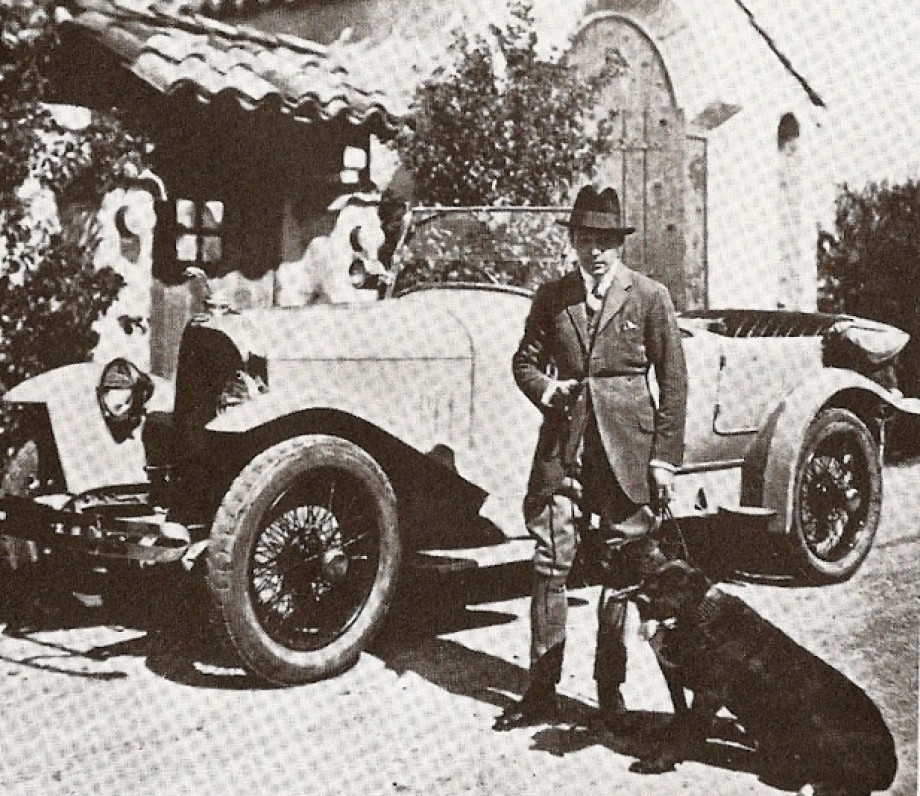
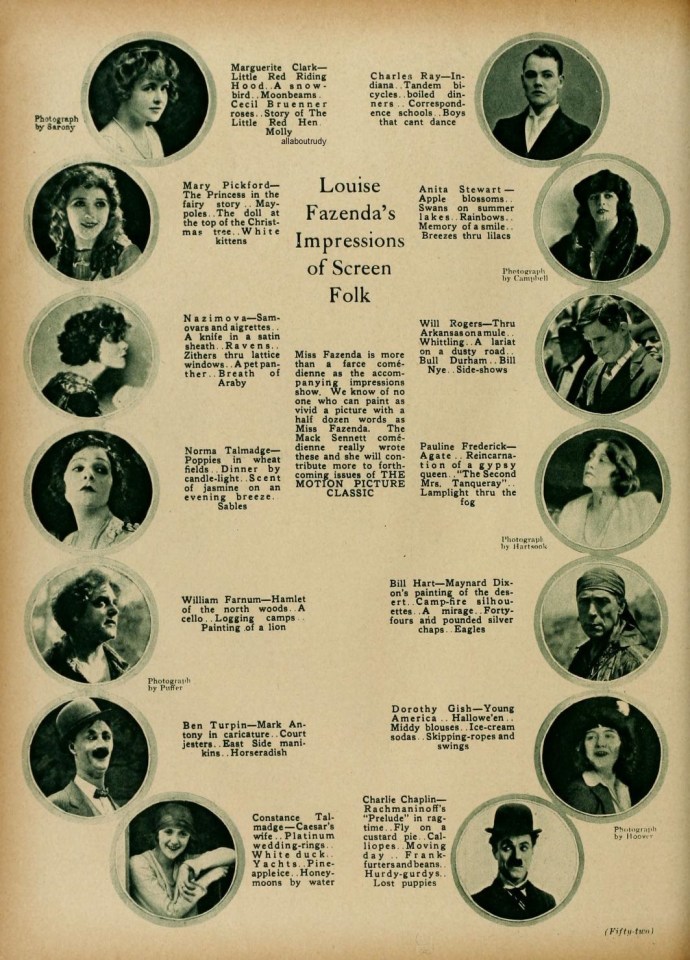

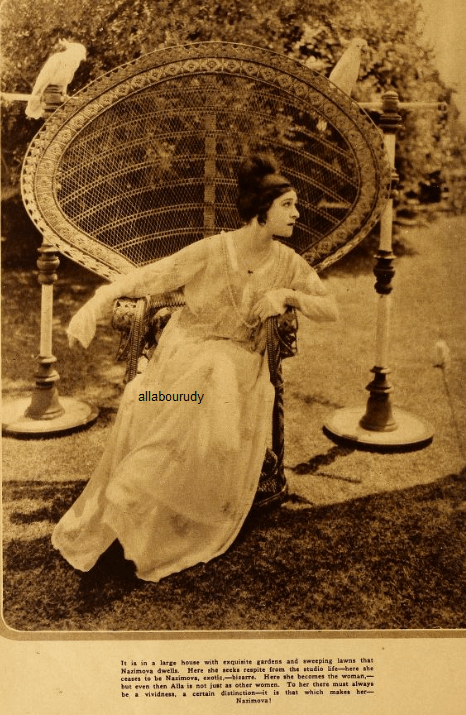
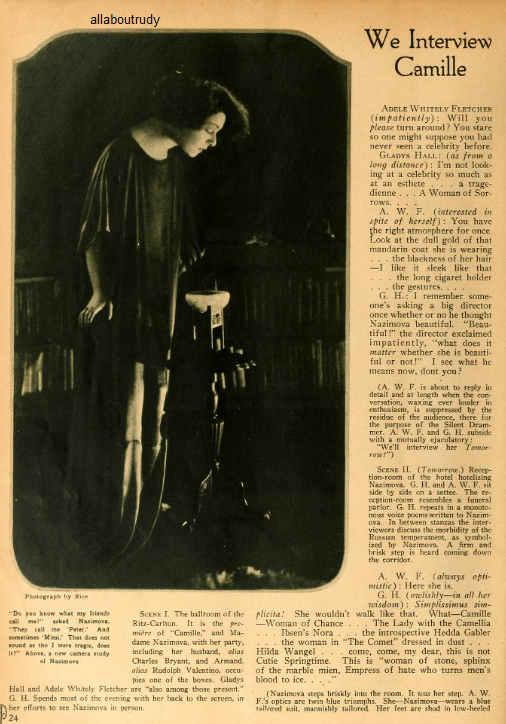
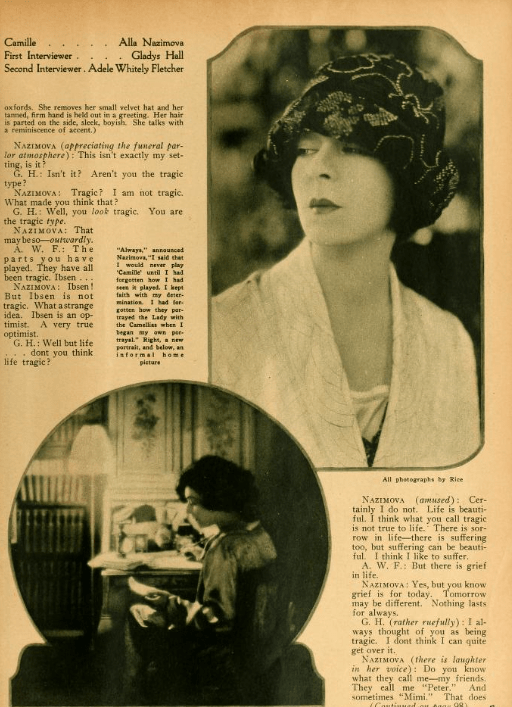
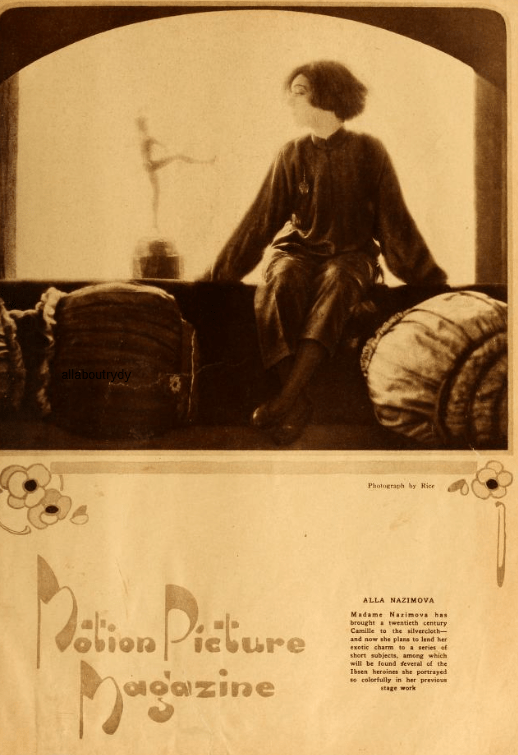
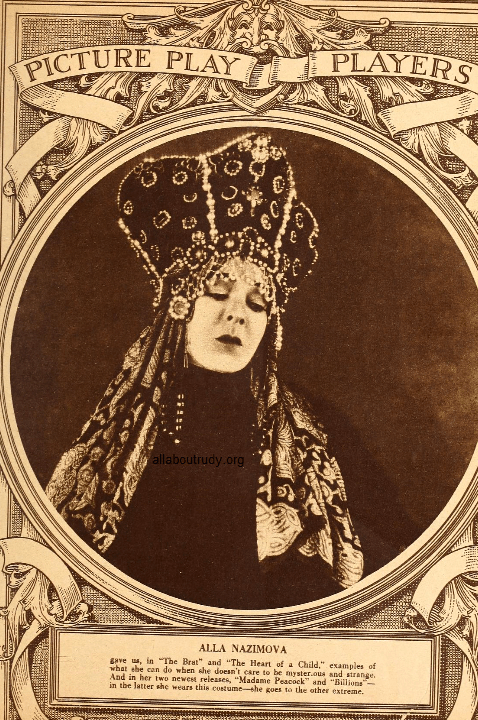


You must be logged in to post a comment.